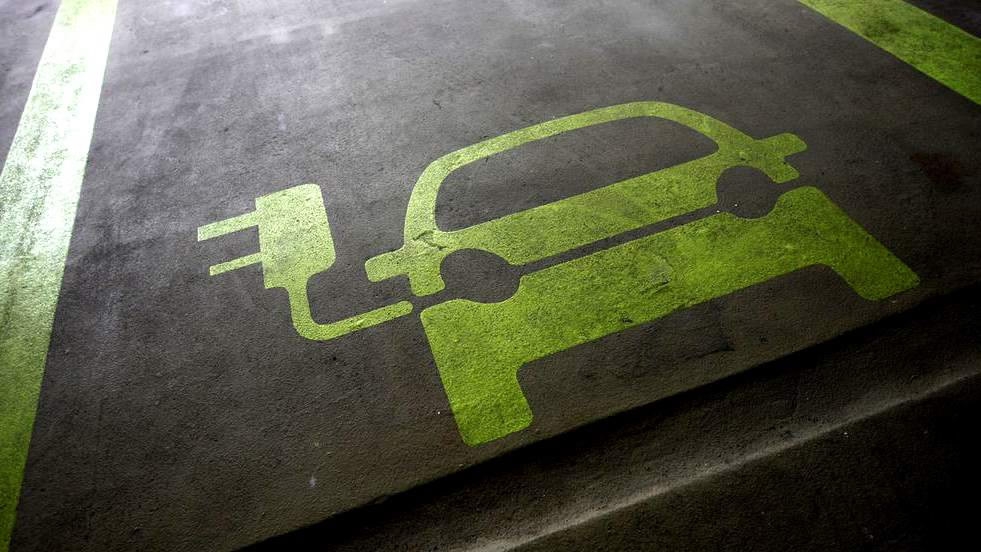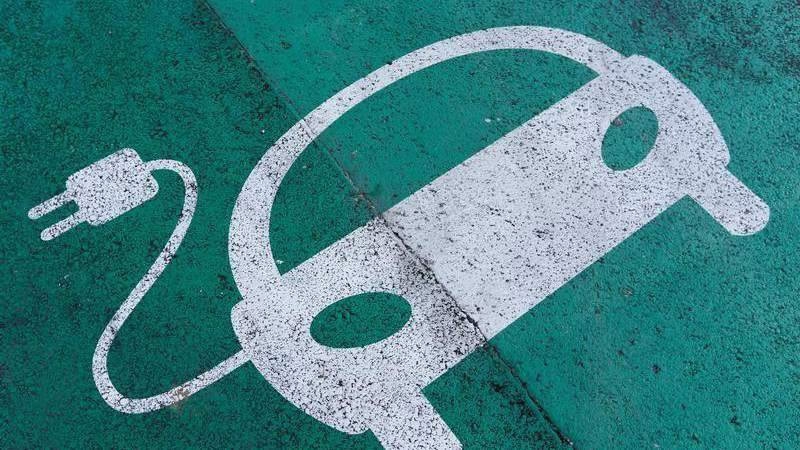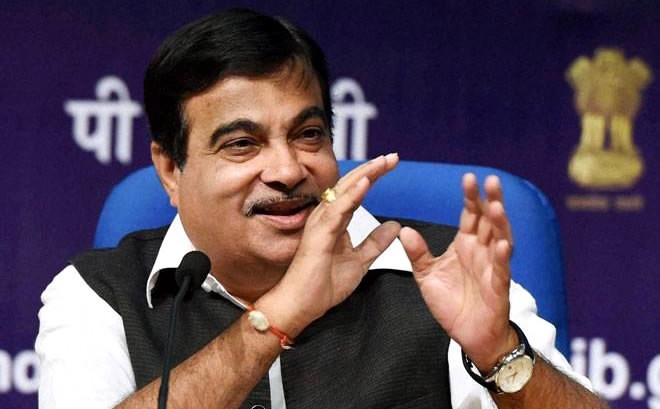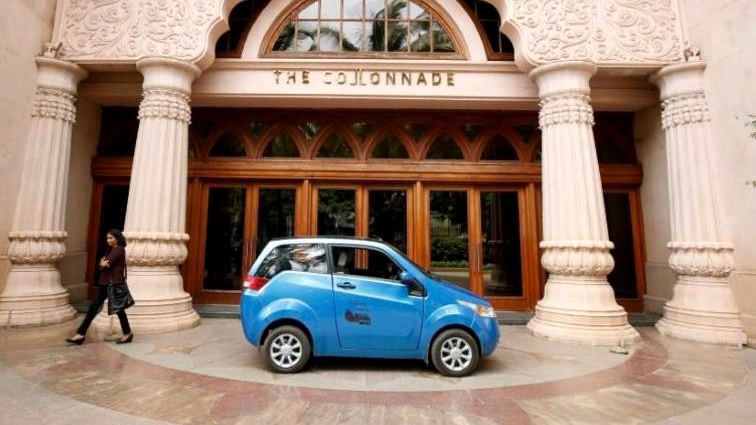
Auto
19:32, 11-Sep-2017
India's auto sector gears up for government's electric vehicles push

India’s aggressive push to electrify all new vehicles by 2030 is compelling auto part manufacturers and carmakers to draw up early plans for electrification, company executives said.
A new auto policy is in the works and will include a roadmap for electric vehicles, a government official said, adding that this is likely to be made public before year-end.
Engine-maker Cummins India is investing in research on electric mobility solutions for India, while Hyundai Motor Co. has begun talks with some of its suppliers for components for electric cars, company executives said.

India plans to electrify all new vehicles by 2030. /Reuters Photo
India plans to electrify all new vehicles by 2030. /Reuters Photo
Ashok Leyland, which launched an electric bus last year, has partnered with Indian start-up SUN Mobility to develop battery-swapping technology for cars, buses and trucks.
“This is going to be a major challenge but it is one we have to embrace and not duck,” Anant Talaulicar, managing director, Cummins India said.
He said commercial vehicle makers in India have asked Cummins to look into electric mobility solutions and only once they make a proposal will the company commit to capital investments.
“It will not happen so soon. First we need to demonstrate the technology,” he said, adding that the company is open to acquisitions and partnerships as it would help get access to the technology faster.
Electric vehicles are expensive due to the high cost of batteries which are still not manufactured in India, and carmakers say a lack of charging stations could make the whole proposition unviable.
But the government is determined to push ahead.

Nitin Gadkari, India’s road transport minister. /Reuters Photo
Nitin Gadkari, India’s road transport minister. /Reuters Photo
In a stern warning to the auto industry, India’s road transport minister Nitin Gadkari on Thursday asked companies to start building electric and alternative fuel vehicles or risk being overtaken by policy changes.
“Don’t get confused about policy and rules, foray into electric bikes, buses and cars. I won’t seek your suggestions over this. You have to diversify,” Gadkari said.
In May, India’s leading think-tank laid out a 15-year roadmap for electrifying all new vehicles in the country by limiting registration of petrol and diesel cars while giving incentives and subsidies on sales of electric cars.
Mahindra & Mahindra is the only electric car maker in India but in a few years it may be joined by Tata Motors which has explored the possibility of building electric cars on its existing platform, managing director Guenter Butschek said.

A Mahindra e2o electric car during a media preview in Bengaluru, India, June 8, 2017. /Reuters Photo
A Mahindra e2o electric car during a media preview in Bengaluru, India, June 8, 2017. /Reuters Photo
Hyundai, which shelved plans to launch hybrid cars in India after the government’s electric push, said it will need to customize its existing electric cars for the Indian market.
If it is unable to adapt existing products, it will look at developing new electric cars for India, said Rakesh Srivastava, director, sales and marketing.
China, the world’s biggest auto market, is the latest to join the movement. It announced on Saturday that it will set a deadline to stop the sale of gas-powered automobiles while speeding up efforts to produce electric vehicles.
3785km
Source(s): Reuters

SITEMAP
Copyright © 2018 CGTN. Beijing ICP prepared NO.16065310-3
Copyright © 2018 CGTN. Beijing ICP prepared NO.16065310-3